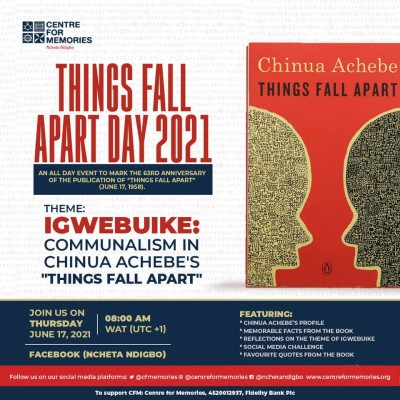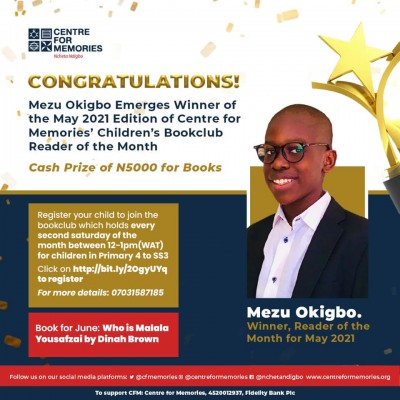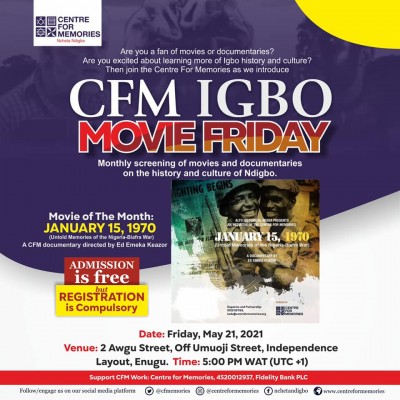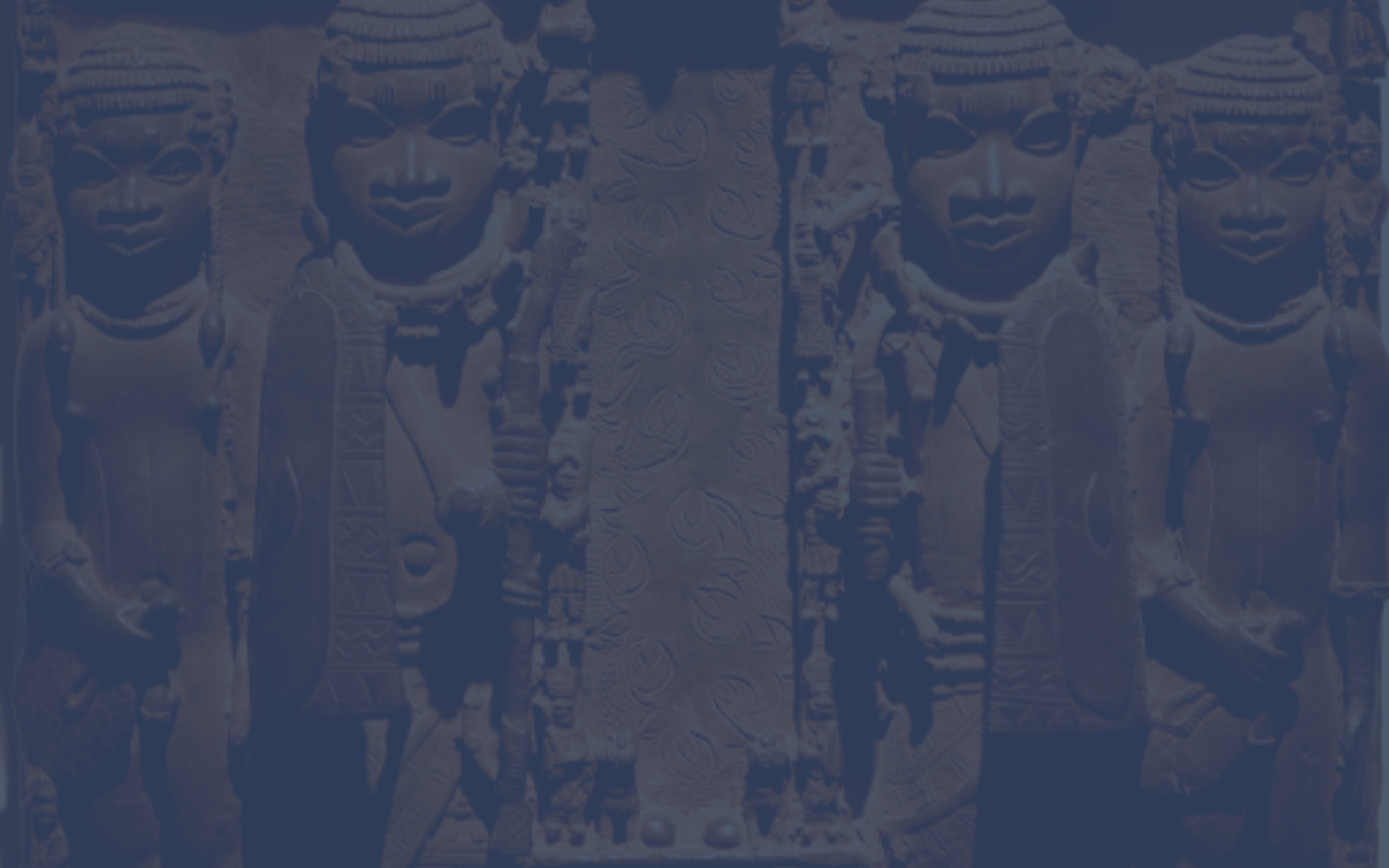
Blog
JANUARY 15, 1970: A NATIONAL DAY OF PEACE
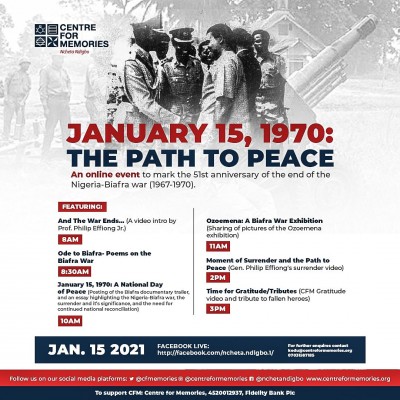
JANUARY 15, 1970: A NATIONAL DAY OF PEACE
JANUARY 15, 1970: A NATIONAL DAY OF PEACE
Between 1967 and 1970, there was a Civil War between the Federal Republic of Nigeria and the short-lived Republic of Biafra. The historic and horrific incidents that occurred before and during the Nigeria-Biafra war are aptly chronicled in the timeline of events displayed at the exhibition that is currently open at the Centre for Memories and titled: Ozoemena (Never Again). The exhibition was opened on January 15, 2020, to mark 50 years of the end of the war. The timeline shows the prolonged tension created in the country by the 1964 and 1965 elections in the Western region, the coup of January 15, 1966, which took the lives of top political leaders including the Prime Minister and the pogrom against the people of Eastern Nigeria that lasted from 1966 to 1967, which led to the massacre of hundreds of thousands of Easterners (mostly Igbos) in the Northern part of the country.

In response, the then Military Governor of Eastern Nigeria, Lt. Col. Chukwuemeka Odumegwu Ojukwu, announced the secession of Eastern Nigeria and proclaimed the independent Republic of Biafra on May 30, 1967. In response, the then Head of State of the Federal Republic of Nigeria, Lt. Col. Yakubu Gowon, declared war on the new Republic that lasted for over two and a half years. It led to the death of millions of people and brought unimaginable hardship, starvation, and destruction to Biafrans. Millions of innocent children became the major victims of the war.
The announcement of surrender by General Philip Effiong (Head of State of the Republic of Biafra at the time) on January 15, 1970, signalled an end to armed conflict and hostilities. He handed over the instruments of surrender to the Federal Republic of Nigeria and that singular act turned out to be a significant step towards healing, reconciliation, rehabilitation and rebuilding.
For us at the Centre for Memories this bold action by General Effiong was THE PATH TO PEACE. It has been 51 years since that historic event that birthed a new era for Nigeria, yet some questions still seek answers: How well have we walked that path to peace? How has Nigeria sustained that peace to bring every Nigerian together? How much importance and significance do we attach to that very symbolic date in the history of Nigeria?
In line with our core mandate to serve as a premier resource for the preservation and celebration of Igbo history and memories, the Centre for Memories has put together a series of online events to mark the 51st anniversary of the end of the Nigeria-Biafra war. This is part of the efforts of the Centre towards pushing for the recognition of this date by the Nigerian government and serves as a call to all Nigerians to drive the process of achieving the essence of that date, namely: reconciliation, rebuilding, justice, healing, reintegration, and most importantly, peace.
The Centre for Memories (Ncheta Ndigbo) remembers and commemorates this symbolic date. It is the hope of the Centre, and we push strongly, that January 15 of every year be recognized by the Nigerian government and celebrated across Nigeria as not just Armed Forces Remembrance Day but also the anniversary of the end of the Nigeria-Biafra War. It is a date that should be set aside as a National Day of Peace and marked as a Public Holiday in honour of all those that died during the war. It will be a fitting recognition of the price they paid to keep Nigeria together. We believe that this will open new frontiers for genuine dialogue, healing, forgiveness, reconciliation and rebuilding.
CFM will always commemorate this date every year in recognition of its significance in the history of Nigeria and honour the memories of the war victims.
#15January1970
#NationalDayOfPeace
#CentreForMemories

